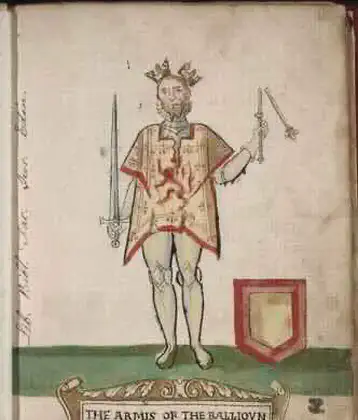On November 17, 1922 in Celtic History
The irish free state begins the executions of seventy seven anti treaty republican prisoners
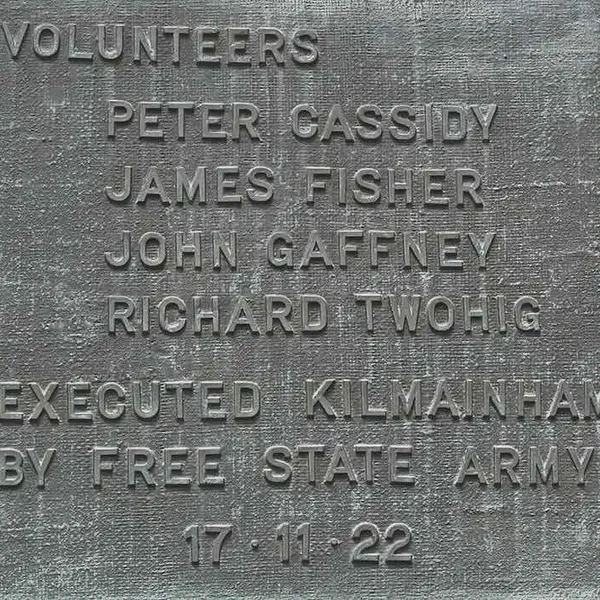
The first four executions occurred a month after most Republicans had rejected the amnesty that expired in mid-October 1922.
On 17 November, four Anti-Treaty IRA fighters were shot in Dublin. They were followed by three more on 19 November.
The Irish Free State carried out a series of executions of anti-Treaty Republican prisoners during the Irish Civil War. The executions took place between November 17, 1922, and April 29, 1923. The Irish Civil War was a conflict fought between supporters of the Anglo-Irish Treaty (pro-Treaty forces, which later became the Irish Free State) and anti-Treaty Republicans (anti-Treaty forces).
The Treaty, signed in 1921, led to the establishment of the Irish Free State, but it also resulted in a deep division among Irish nationalists. Those who opposed the Treaty believed it compromised Ireland’s independence by requiring an oath of allegiance to the British Crown.
In response to the anti-Treaty Republican opposition, the Free State government, led by Michael Collins, took a strong stance. The executions were part of a broader strategy to suppress armed resistance against the newly established state.
The most notable of these executions was that of Liam Mellows, Rory O’Connor, Joe McKelvey, and Richard Barrett on December 8, 1922.
The anti-Treaty forces continued to resist for several months, but the executions and the military actions of the Free State forces contributed to the eventual end of the conflict in May 1923.
The Irish Civil War remains a complex and contentious period in Irish history, with lasting political and social repercussions. The events, including the executions, continue to be subjects of historical debate and reflection.
More From This Day
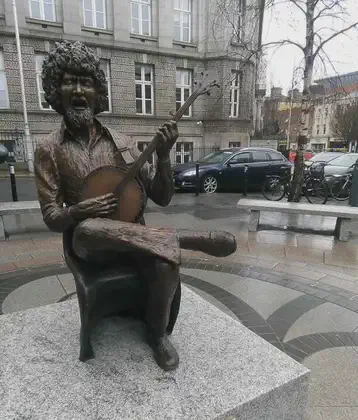
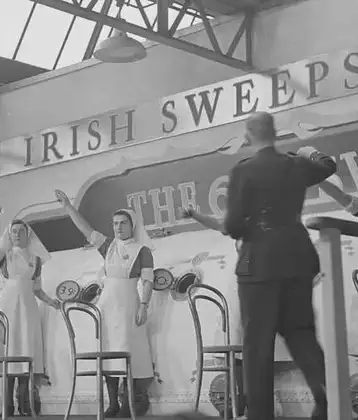
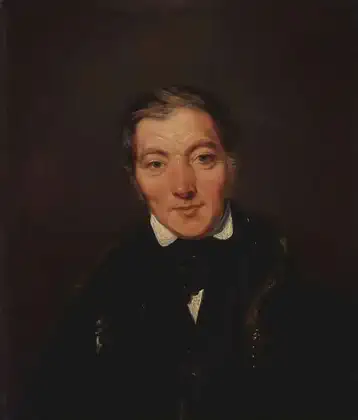
Robert Owen, Welsh-Scottish industrialist and social reformer, founder of New Lanark community, died
November 17, 1858
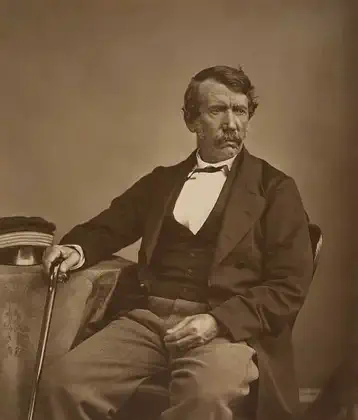
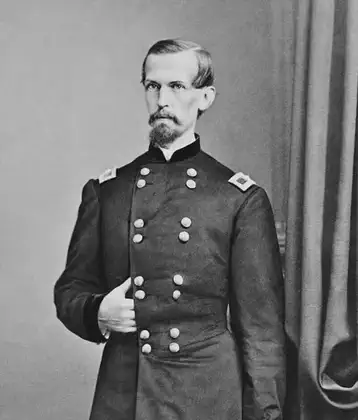
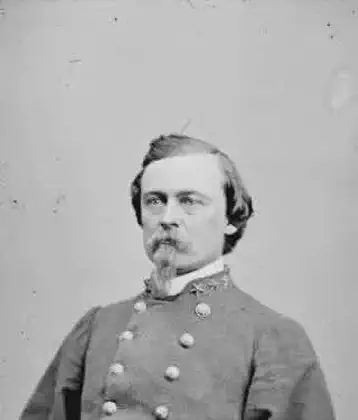
U.S. Confederte General, Joseph Finegan, is born in Clones, Co. Monaghhan
November 17, 1814
